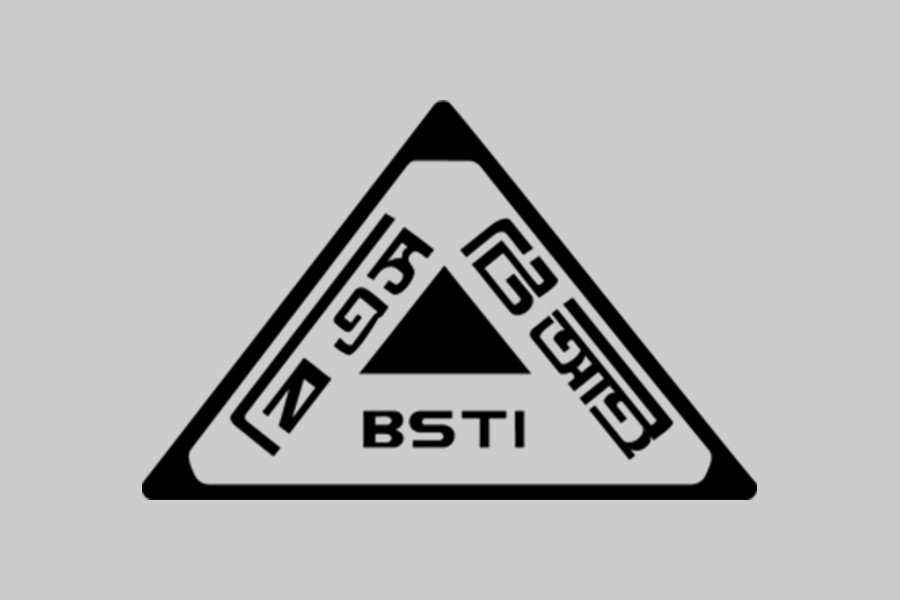BSTI cases fall, but adulteration up
No mobile court was operated since last year

Published :
Updated :

The number of cases and penalties by Bangladesh Standards and Testing Institution (BSTI) has declined in recent years despite rising food adulteration, marketing and sale of impure products.
The number of cases lodged by mobile courts and surveillance teams of the certification marks (CM) wing of the BSTI was 1,323 in fiscal year (FY) 2017-18.
It was 1,434 and 1,874 in FY '17 and FY '16 respectively, according to the latest figures supplied by the national standards body.
The CM wing is responsible for the promotion of quality control, ensuring compliance of products with the standards and regulatory requirements.
The amount of fines by mobile courts and surveillance teams was close to Tk 48.74 million in FY '18.
It was nearly Tk 50.28 million and Tk 63.97 million in FY '17 and FY '16 respectively.
BSTI conducts mobile courts as part of its anti-adulteration drives across the country to ensure safe food and products.
However, the number of mobile courts and surveillance teams operated in the country rose during the same period.
The total number of mobile courts and surveillance teams are 1,873 in FY '18. It was 1,755 and 1,746 in FY '17 and FY '16 respectively.
When contacted, BSTI director (CM) SM Ishaque Ali was unable to comment on this fall in the number of cases.
He said the amount of fines is falling as no mobile court was operated since 2018 as the BSTI Act 2018 is yet to be included in the mobile court act.
The BSTI has already received two magistrates and they will run mobile courts once the BSTI law is incorporated in the act, he told the FE.
The country's lone standards body is still facing hurdles to operate mobile courts for the reason, the director maintained.
He hoped the law would be incorporated next week and the BSTI would be able to conduct drives against illegal businesses and organisations.
Humayun Kabir Bhuiyan, general secretary of Consumers Association of Bangladesh (CAB), said he found no reason for such a declining trend in the amount of fines and the number of cases.
He pointed at the growing levels of non-compliance, food adulteration and sale of substandard products in the local market.
Both fines and cases should have increased as the BSTI has enough capacity and powers to do so, he told the FE.
Mr Bhuiyan laid emphasis on stringent steps by the government agency to ensure standards and quality of products.
sajibur@gmail.com


 For all latest news, follow The Financial Express Google News channel.
For all latest news, follow The Financial Express Google News channel.